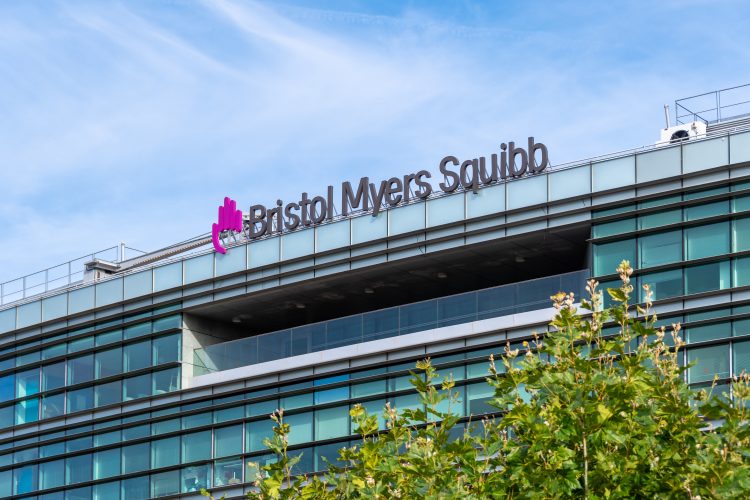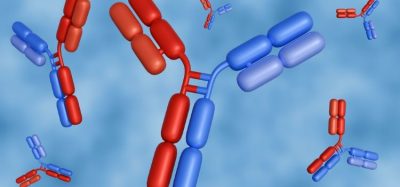BMS agrees $8.4bn ADC collaboration with SystImmune
Posted: 13 December 2023 | Caroline Peachey (European Pharmaceutical Review) | No comments yet
Bristol Myers Squibb and SystImmune have agreed to jointly develop and commercialise BL-B01D1, a bispecific antibody-drug conjugate for solid tumours.


Editorial credit: HJBC / Shutterstock.com
Bristol Myers Squibb has entered an exclusive license and collaboration agreement for SystImmune’s BL-B01D1, a potentially first-in-class EGFRxHER3 bispecific antibody-drug conjugate (ADC).
As part of the potential $8.4 billion deal the companies will jointly commercialise BL-B01D1 in the United States. Bristol Myers Squibb will also assume sole responsibility for development and commercialisation of the ADC in the rest of the world, outside of Mainland China.
SystImmune, through its affiliates, will develop, commercialise and manufacture of BL-B01D1 in Mainland China. The company will also be responsible for manufacturing certain drug supplies for use outside of Mainland China.
BMS will pay SystImmune $800 million upfront, plus up to $500 million in contingent near-term payments”
BMS will pay SystImmune $800 million upfront, plus up to $500 million in contingent near-term payments. Additionally, SystImmune is eligible to receive further payments of up to $7.1 billion on achieving certain milestones.
“SystImmune’s BL-B01D1 adds yet another ADC to our diverse pipeline and helps strengthen our approach of matching the most appropriate therapeutic modality to areas of unmet medical need across solid tumour oncology,” declared Samit Hirawat, MD, Executive Vice President, Chief Medical Officer, Drug Development at Bristol Myers Squibb. “We look forward to working with SystImmune to advance BL-B01D1 in hopes of offering a differentiated treatment option for patients in need.”
About BL-B01D1
BL-B01D1 is a topoisomerase inhibitor-based bispecific antibody-drug conjugate that targets both epidermal growth factor receptor and human epidermal growth factor receptor 3 (EGFRxHER3).
The ACD is being evaluated in a multi-centre Phase I clinical trial in individuals with metastatic or unresectable non-small cell lung cancer (NSCLC).
Data from earlier studies also indicates promising anti-tumour activity in patients with breast cancer.
“Recent BL-B01D1 trials have shown broad potential across different solid tumours as well as a manageable safety profile,” said Dr Yi Zhu, Chief Executive Officer at SystImmune.
“This strategic collaboration is an exciting step forward in delivering potential antitumor medicines to patients worldwide,” he added.
Antibody-drug conjugates: paving the future of oncology clinical development
Related topics
Anti-Cancer Therapeutics, Antibodies, Big Pharma, Biopharmaceuticals, Drug Development, Drug Manufacturing
Related organisations
Related drugs
Related people
Related diseases & conditions
Breast cancer, metastatic non-small lung cancer (NSCLC), non-small cell lung cancer (NSCLC)









